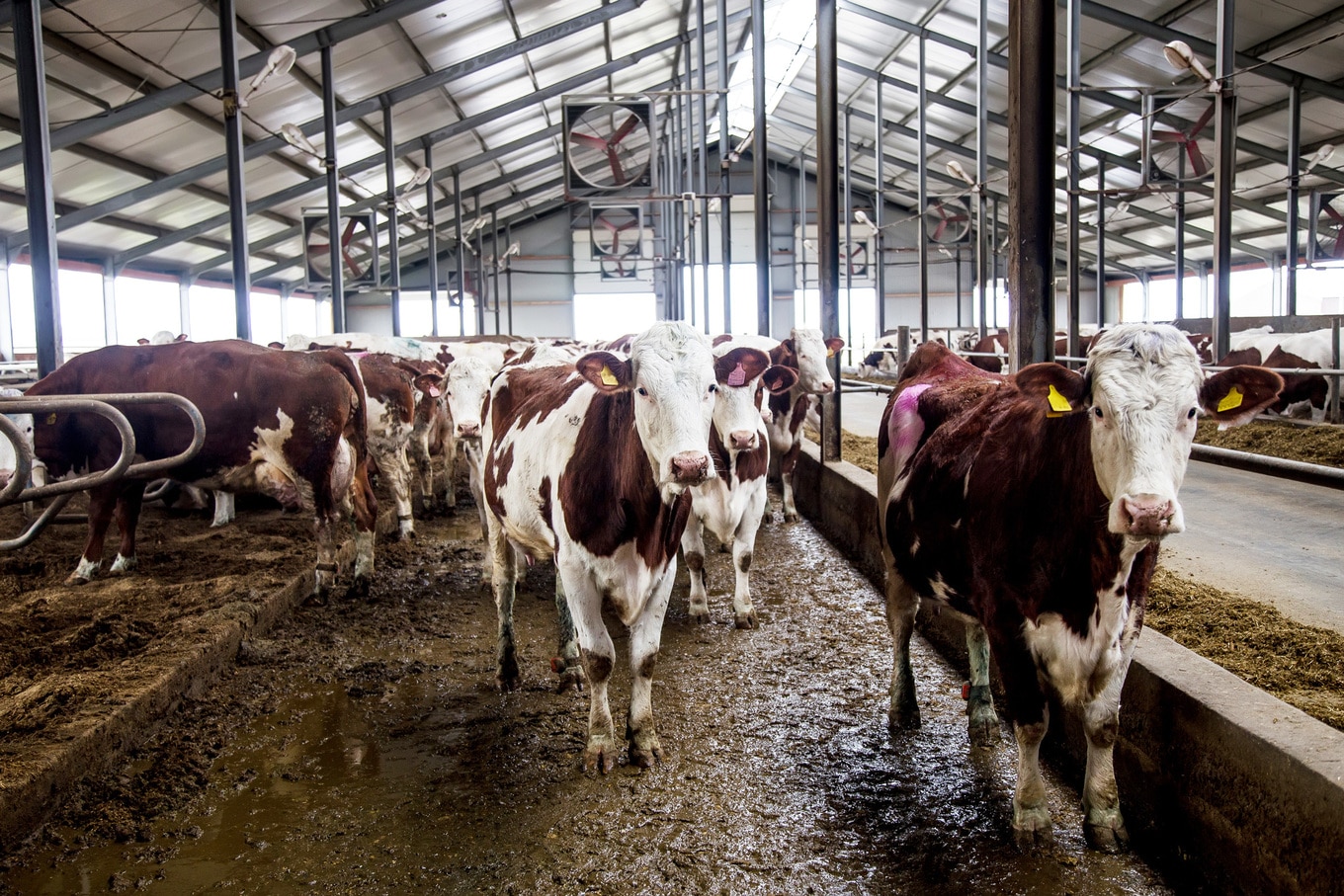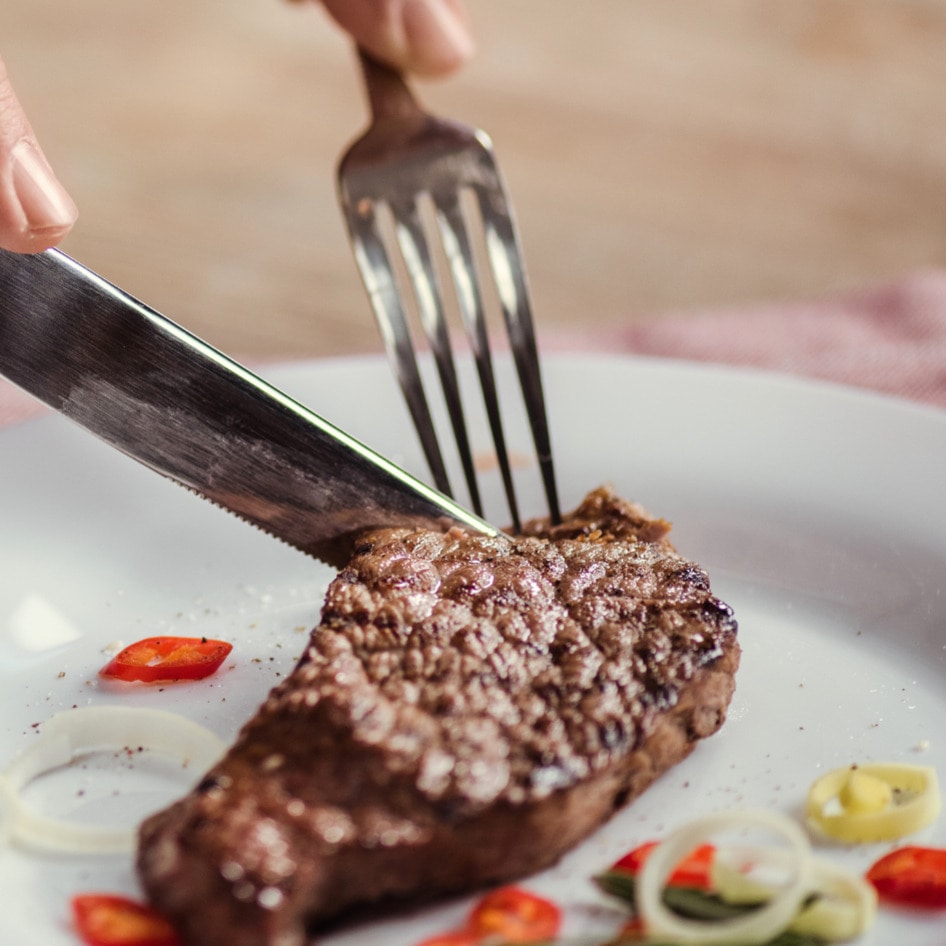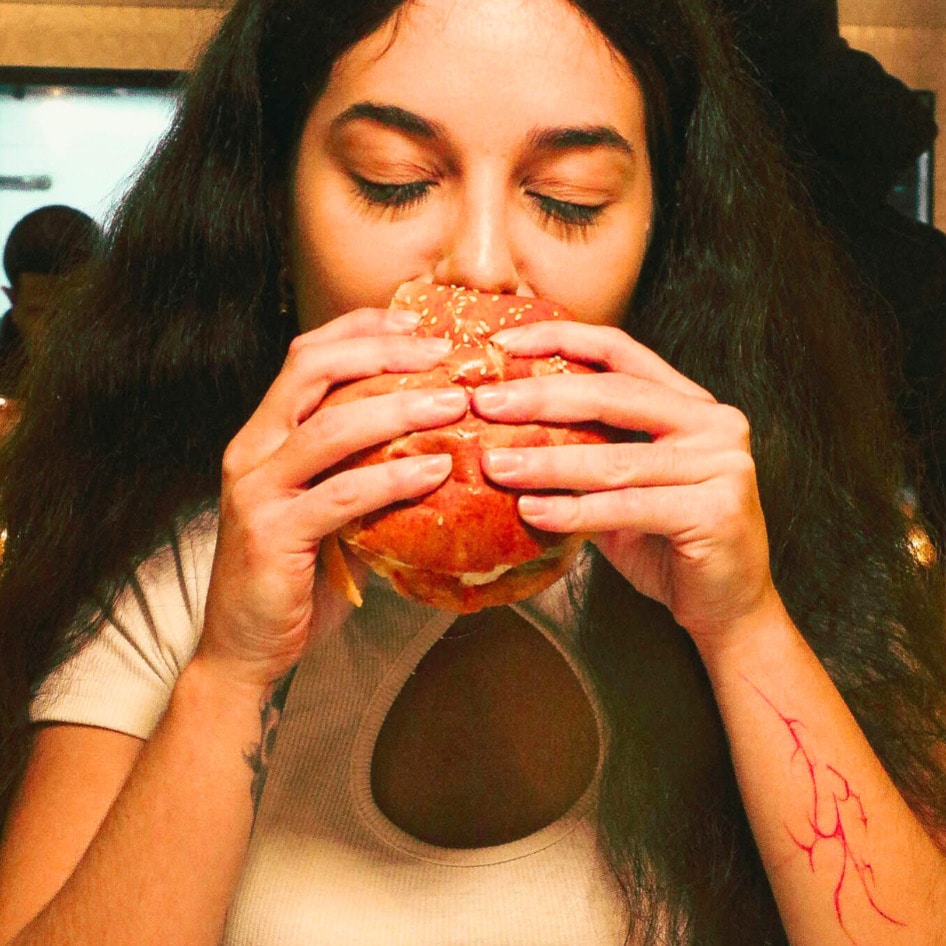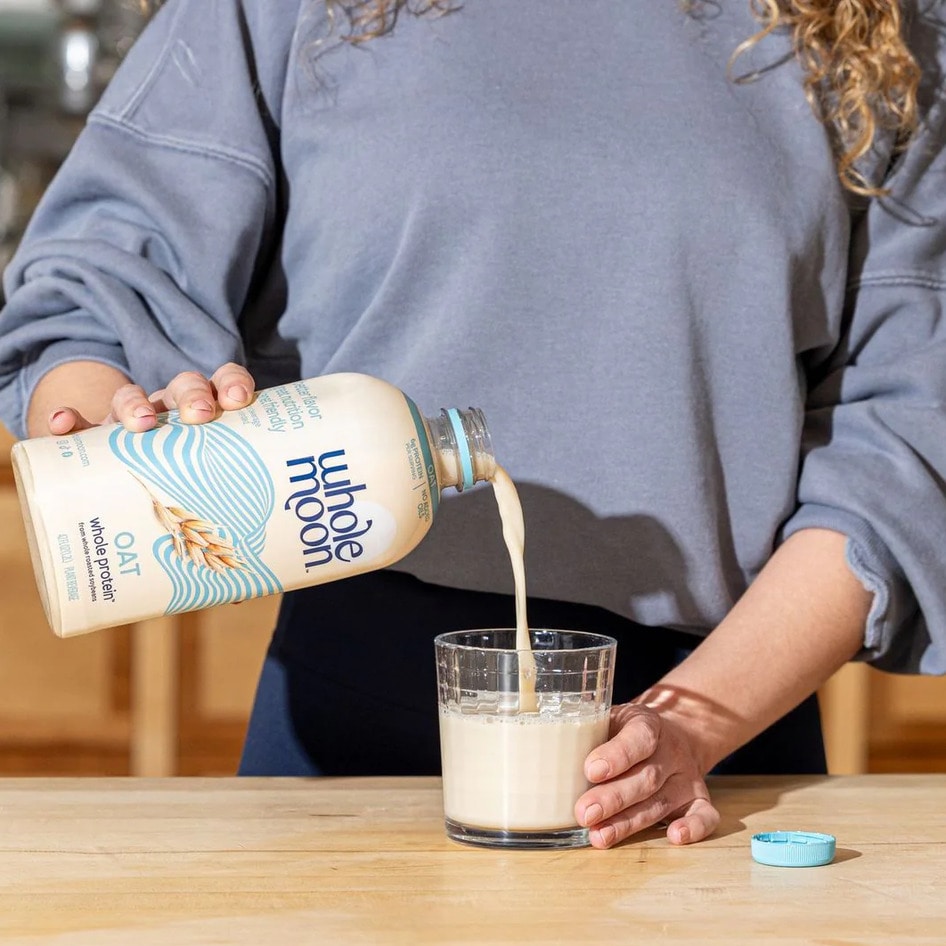Nearly half (49 percent) of the Gen Z demographic is “ashamed” of ordering dairy milk in public, according to new research carried out by United Kingdom-based Arla, a dairy cooperative that includes 12,000 farmers across Europe. In its study, the dairy cooperative also found that 55 percent of Gen Z participants rely on social media to inform their decisions.
“Nearly half (49 percent) felt ashamed to order dairy in public in front of their peers,” a release detailing Arla’s findings states. “Although the data showed that 70 percent of Gen Z would prefer to continue to drink dairy, an alarming 57 percent plan to give it up in the next year. Almost a third (29 percent) even admitted to only ordering dairy alternatives when in public, reverting to their favored choice of dairy when in the comfort and privacy of their own homes.”
Arla released these findings in the context of promoting itself and its farmers as outliers in the industry Gen Z is trying to avoid by ditching dairy. “The research carried out by dairy cooperative, Arla, highlights the need to balance the conversation when it comes to food and the health of our planet,” the release states. “Three quarters (75 percent) of the UK are concerned for the future of the world we live in. But the rise in cancel culture is playing too much of an influence in the way that we make decisions relating to our diets.”
Using these findings, Arla launched its recent “don’t cancel the cow” campaign in an effort to convince younger consumers to reconsider dairy.
 JÖRĐ
JÖRĐ
Arla’s dairy-free brand
While Arla is hoping that Gen Z considers a return to consuming its dairy products, it also knows that trends will continue to skew toward plant-based foods—which, by and large, are far more environmentally friendly than their animal-derived counterparts. As such, the Denmark-based dairy brand diversified into the dairy-free category in 2020 with the launch of JÖRĐ, an umbrella brand for its plant-based products. The brand released three oat milk-based beverages under the brand: Oat, Oat & Barley, and Oat & Hemp.
“At Arla, we are committed to deliver in the plant-based category. We have the willingness and the capability to serve what the consumers desire—both in the dairy and plant-based categories—and we believe that the JÖRĐ-brand and our natural oat drinks meet these expectations,” Hanne Søndergaard, Executive Vice President for Global Marketing and Innovation in Arla, said in a statement. “The three plant drinks are made with organic and Nordic ingredients and contain up to 50-percent more oat than current market leaders. Parameters that have tested very well with the consumers.”
Arla aims to reach net-zero by 2050 and in addition to launching JÖRĐ, is also investing in an additive to cows’ feed that it says will lessen the amount of methane, a powerful greenhouse gas, that the animals produce through flatulence.

Dairy damages the planet
The “shame” that Arla says Gen Z feels might not fully stem from social media as mounting research has shown that dairy is a major contributor to the climate crisis—an emergency that younger generations are acutely aware of. While the damaging effects of beef production are widely accepted, the impact of dairy production is often seen as less impactful. However, a growing body of research—not just social media influence—is available to consumers, including Gen Z, to inform their decisions.
One example is a 2020 report called “Milking the Planet” that has helped to illuminate the impact of global dairy production with its findings that the world’s 13 largest dairy farms emit the same amount of greenhouse gasses as the entire nation of the UK, the sixth-largest economy in the world.
This builds on other compelling research into the damaging effects of animal agriculture on the environment, including a 2018 Oxford University study led by Joseph Poore. In one of the most comprehensive studies of its kind, researchers spent five years compiling data from nearly 40,000 farms in 119 countries and examining the environmental impact of producing 40 foods—which amount to 90 percent of all food eaten on earth. The findings here showed that the meat and dairy industries are responsible for 60 percent of global greenhouse gas emissions and that if individuals removed animal products from their diets, they would reduce their carbon footprint by 73 percent.
“A vegan diet is probably the single biggest way to reduce your impact on planet Earth, not just greenhouse gasses, but global acidification, eutrophication, land use, and water use,” Poore—who transitioned to veganism one year into the study—said.
For more about innovative dairy alternatives, read:
Startup Raises $120M to “Liberate Food Chain From Dependency on Animals”
General Mills’ First Vegan Cheese Is Made With Animal-Free Whey
World’s Largest Animal-Free Dairy Factory to Make as Much Milk as 50K Cows
JUMP TO ... Latest News | Recipes | Guides | Health | Subscribe









